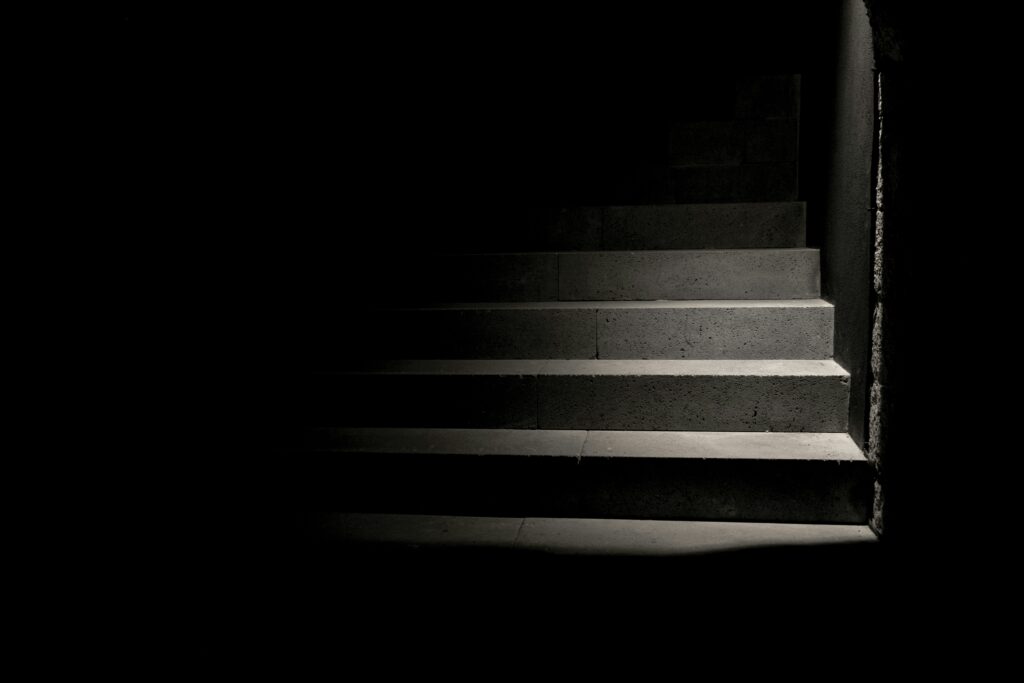
I read Andrew Leland’s new book, “The Country of the Blind,” this week. It’s a memoir about a writer who has been slowly losing his sight over the previous decades, and he uses the book to better understand life as a blind person in the United States. It’s a fascinating read, and a reminder of just how much sight shapes the way I think about the world. (Even in trying to write that last sentence, the first three phrases that came to mind — “a glimpse into Leland’s life,” “an illuminating read,” “an eye-opening experience” — all reflect a bias towards sight.)
One chapter towards the end of the book truly struck me. Leland visits the Colorado Center for the Blind, a place where members of the blind community stay for months as they learn new skills, from woodworking to cooking to navigating the outside world. Leland meets a younger student at the Center, Ahmed, who offers some advice about how to get around as a blind person:
The single most important skill for blind travel, Ahmed later told me, is that “you have to be willing to get lost, and be confident in your ability to figure it out.” In the early days of his blindness, he once took three hours to traverse a route that would have taken him five minutes with a sighted guide. Eventually he got better at navigating Washington, DC, learning the direction of traffic, the patterns of certain stoplights, the way the sound of another person’s footsteps changes as they begin descending a set of stairs. In Colorado, he learned to use cardinal directions, and can now often figure out which way he’s facing from the feeling of the sun on his face. But, he added, “it’s not like once you leave [the Colorado Center for the Blind], you’ll never get lost again.” … Getting lost is not always comfortable, or pleasant, but it is an organic and fundamental part of the human experience. The more one is able to accept it, rather than fight it, the more skillful one becomes in one’s travels.
Later in the chapter, Leland describes the experience of Ahmed and two other students heading to a local store. As Leland writes, not only do Ahmed and his classmates make it to their destination safely, but Ahmed is so comfortable on the walk that he does some it while walking backwards!
Anyway, I’ll be thinking about this line for the rest of the day: “You have to be willing to get lost, and be confident in your ability to figure it out.”
———
That photo of a darkened staircase comes via Unsplash and photographer Carolina Pimenta.
